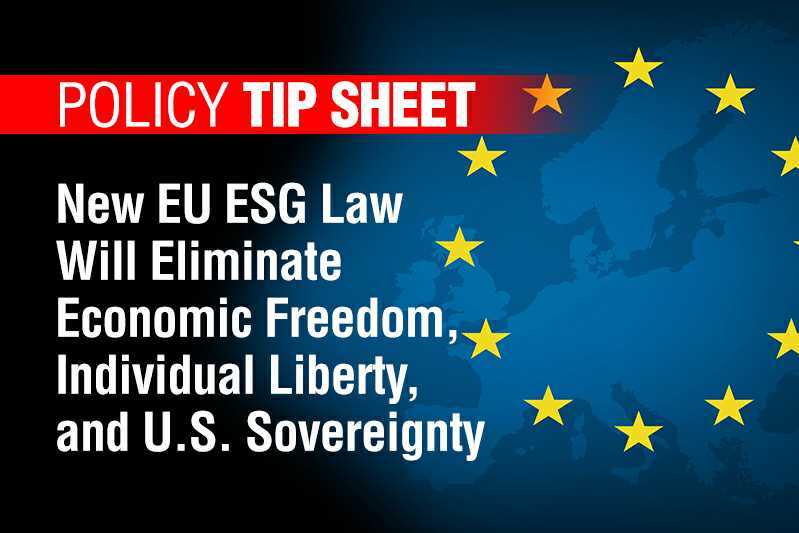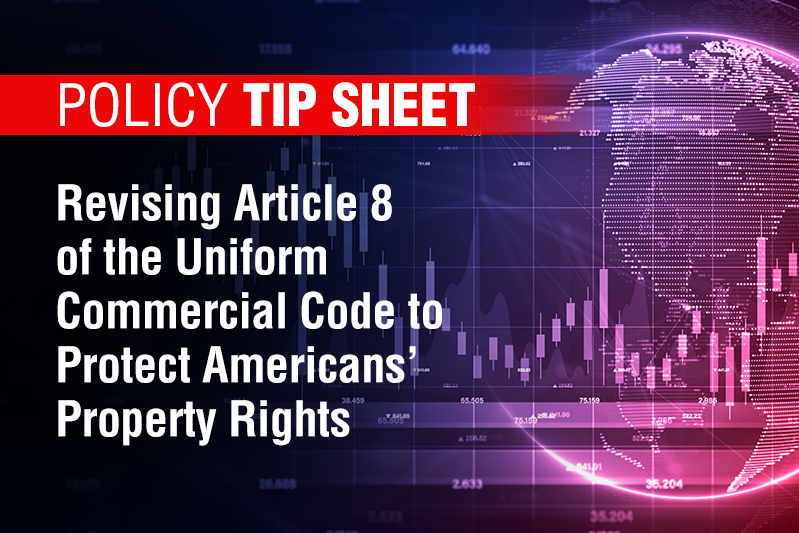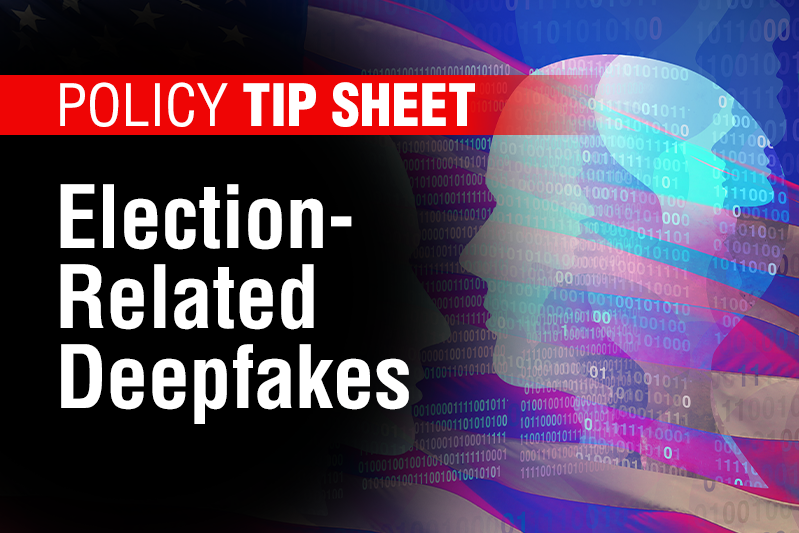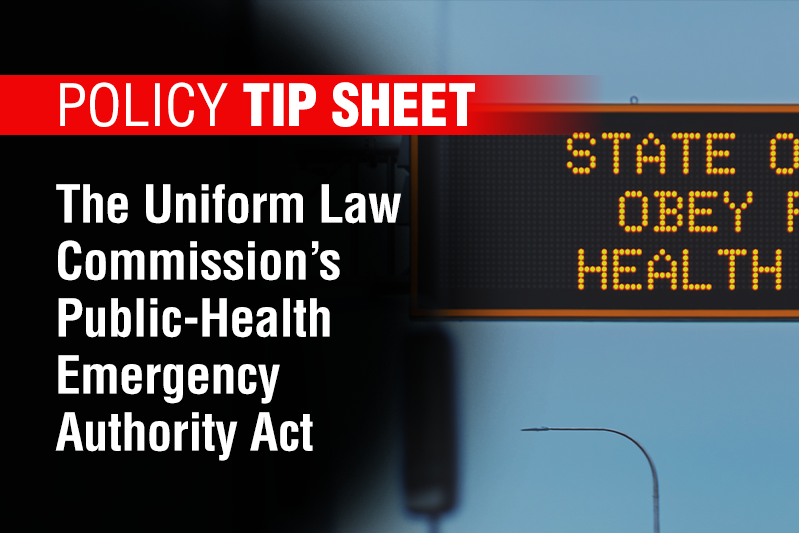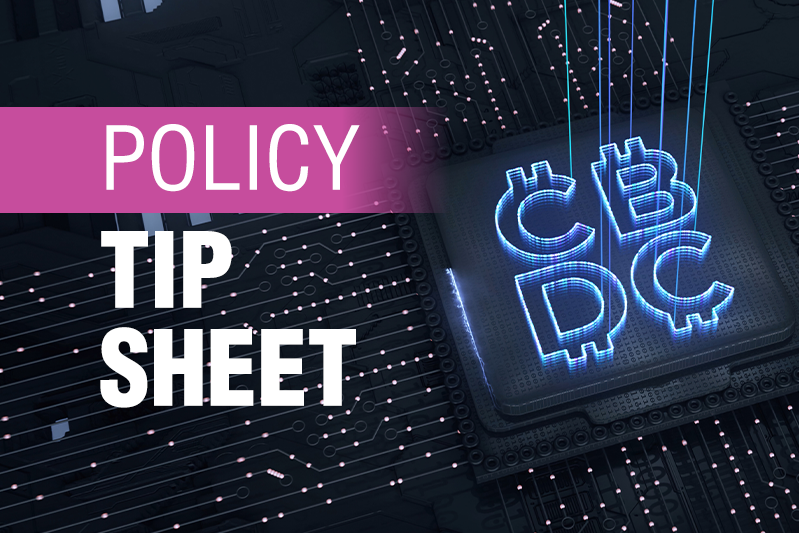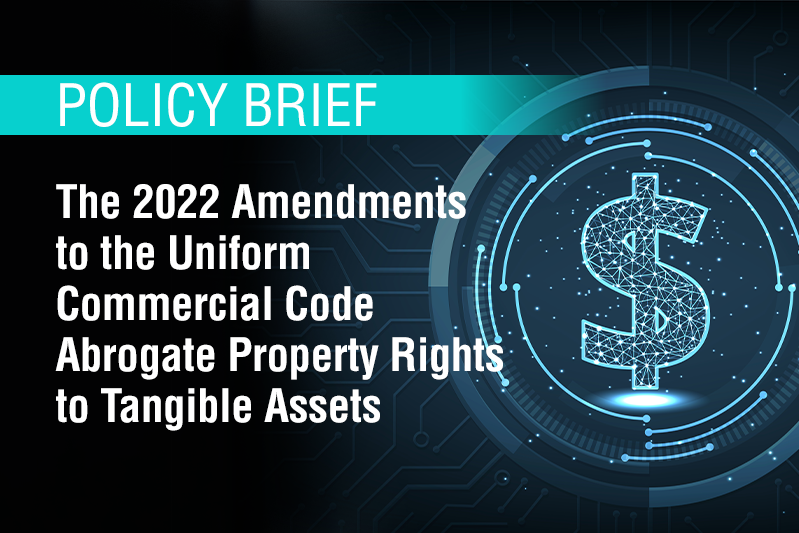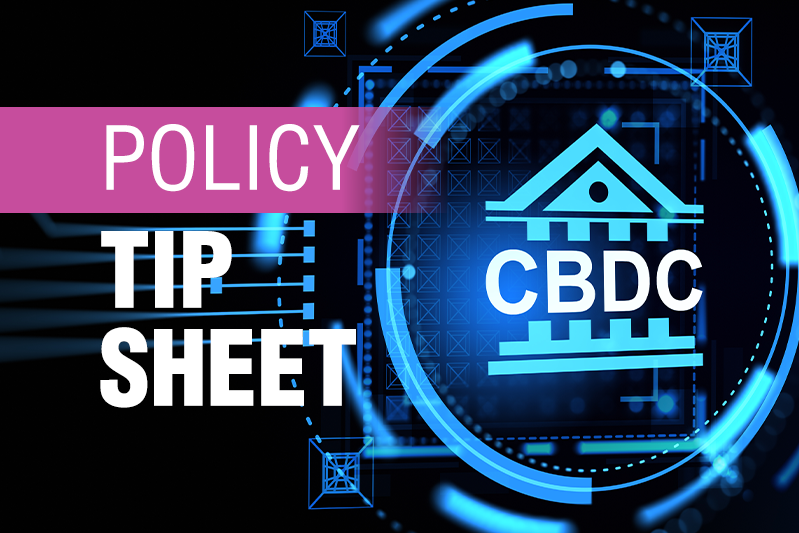New European Union ESG Law Will Eliminate Economic Freedom, Individual Liberty, and U.S. Sovereignty
(To read the full Policy Tip Sheet in PDF form, click here.) In May 2024, after years of intense legislative negotiations, the European Union approved a sweeping new law called the Corporate Sustainability Due Diligence Directive (CSDDD).[1] The CSDDD was deliberately designed to transform business practices and, by extension, social and economic activities across the […]

